Shell warns Europe may face energy rationing in ‘really tough winter'
European consumers should expect energy rationing next winter amid persisting rise in costs and the potential cut-off of Russian gas supplies, chief executive of UK-based energy giant Shell has warned.
“We will all face very significant escalation in energy prices. In the worst case, Europe will need to ration its energy consumption,” said Ben Van Beurden in an address before the Aurora spring conference in Oxford, warning, “It will be a really tough winter in Europe.”
“So there will be a lot of pressure on industry and therefore there will be a lot of pressure on the economy,” he further emphasized. “In the worst case, we will be in a situation where we have to ration.”
Russian President Vladimir “Putin has surprised quite a few of us,” the Shell chief said. “I feel disappointed by the outcomes. He has also shown that he better be taken seriously when he makes threats … For a long time we thought it was not in Russia’s interest to cut off Russia’s largest market.”
Van Beurden said the Russian president was “able and willing to weaponize supplies,” insisting that there was “no way of telling” whether Moscow would resume gas flows into Europe via the Nord Stream 1 pipeline after maintenance began last Monday and due to conclude on July 21.
His alarming remarks came as retail energy suppliers called on the British government to intervene again to keep UK bills in check, following a £15 billion package of measures announced in May to ease the cost of living crisis, which includes £400 off energy bills for every household.
Prices, meanwhile, are forecast to continue soaring into the fall, as British authorities expressed uncertainty over the extent to which Russia will continue to limit supply.
The Shell boss also commented on the energy profits levy on North Sea oil and gas operators, adding, “I would have liked to have seen incentives and allowances for those companies that actually invest in energy transition.”
Last week, the research firm Cornwall Insight significantly raised its forecasts to show that the energy price cap in the UK was on track to surge to £3,244 a year in October 2022, in the next quarterly adjustment made by the regulator Ofgem.
The average British household energy bill is estimated to be on track to reach more than £3,300 annually this winter as soaring wholesale energy costs are passed on to consumers.
Russia’s main gas pipeline to Germany went offline for scheduled maintenance on Monday, prompting fears that the flow of gas might not resume after the repairs are completed.
Putin last week threatened “catastrophic consequences” for world energy markets if western powers impose further sanctions on Moscow over Russia’s military operation in Ukraine.
EU deputy warns of ‘conflict and strife’ in Europe over energy crisis
Earlier this month, European Commission’s Vice-President Frans Timmermans also warned that Europe is in danger of highly damaging “very, very strong conflict and strife” next winter over high energy prices, and should make a short-term return to fossil fuels to head off the threat of a civil unrest.
The second most senior official in the EU noted that the threat of unrest next winter must take precedence over the climate crisis, saying, “If our society descends into very, very strong conflict and strife because there is no energy, we’re certainly not going to make our [climate] goals. We’re certainly not going to get where we need to get if the lack of energy leads to strong disruption in our societies.”
“We need to make sure we keep our industry, as much as possible, functioning because the one thing that could help Putin is divisions in our society,” Timmermans alleged.
People suffering from the cold this winter because they cannot afford heating would also be disastrous for solving the climate crisis, he argued.
Energy prices have soared across the world as a result of the Covid pandemic and the Ukraine conflict, but Europe has been particularly badly hit. Prior to the war in Ukraine, Germany – the EU’s biggest economy – relied on Russia for the majority of its gas. Overall, Europe depends on Russia for about 40 percent of its gas.
The German government has begun to increase electricity production from coal-fired power stations, the dirtiest form of energy, while allowing the phase-out of nuclear power to continue as planned.
German Chancellor Olaf Scholz also insisted that the G7 reverse its stance on banning overseas investment in gas projects to assist in the exploration of new fossil fuel fields in developing countries.
The European parliament also voted this week to classify some gas and nuclear power projects as “clean” energy for investment purposes, to the dismay of climate campaigners who worry the climate agenda has been lost amid fears over energy prices.
Sheikh Qassem: Hezbollah foiled objectives of enemy’s aggression
VIDEO | Transatlantic rift at Munich Security Conference
‘Textbook definition of terrorism’: Tehran denounces Pelosi’s call on US to exact ‘pain’ on Iranians
VIDEO | 39th AU summit opens in Addis Ababa with focus on water security, peace, and development
VIDEO | Iran: The stronghold Washington lost
Anti-Iran ‘Munich circus’ shows Europe has lost geopolitical weight: Araghchi
Swiss to act as venue of next round of Iran-US talks: Report
Report: Over 50,000 soldiers fighting in Israeli military hold foreign citizenship


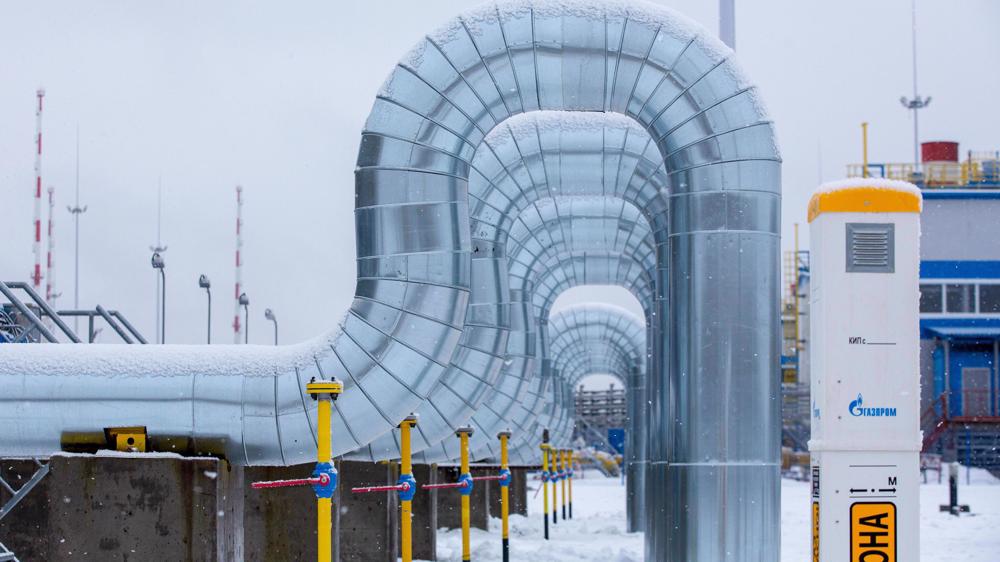
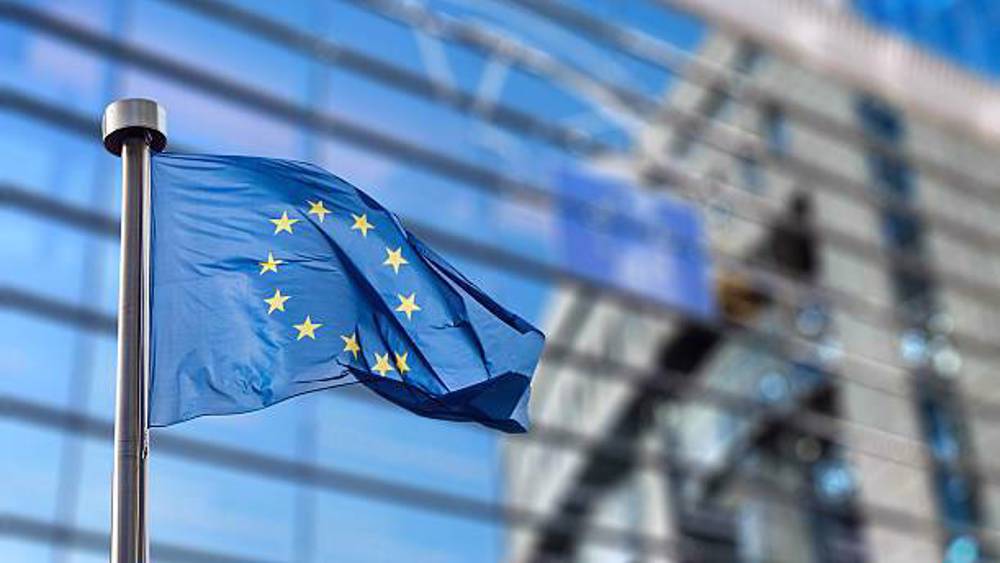
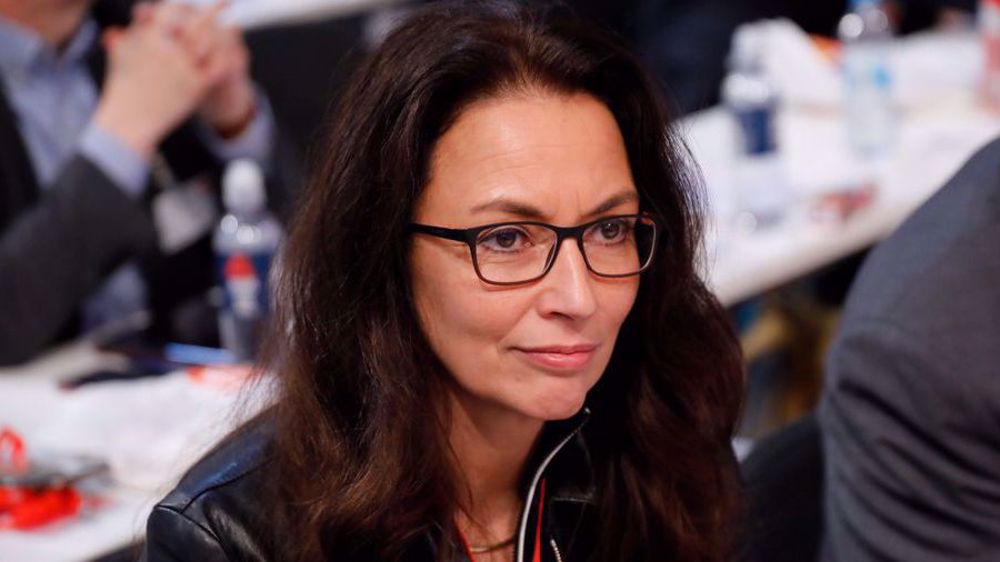
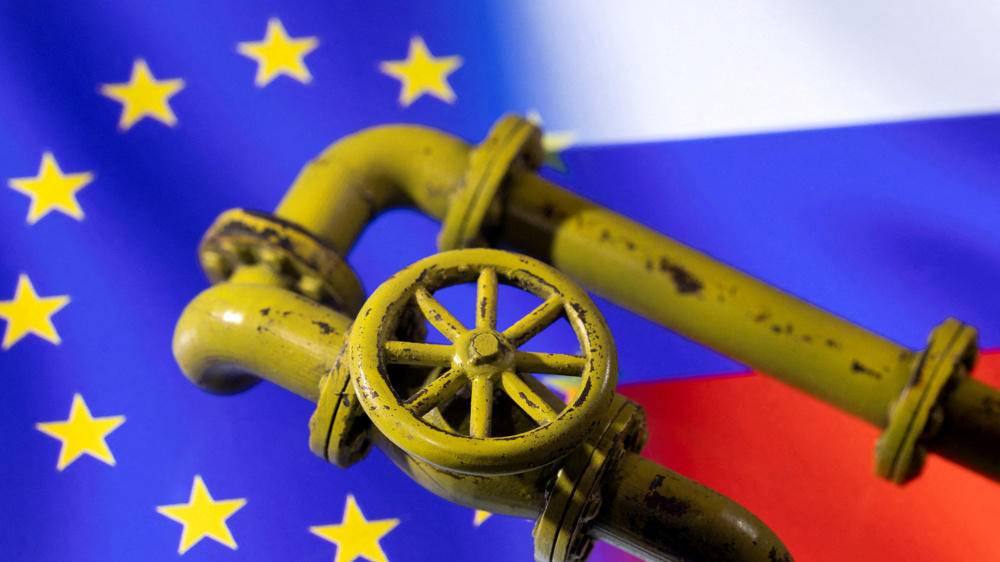
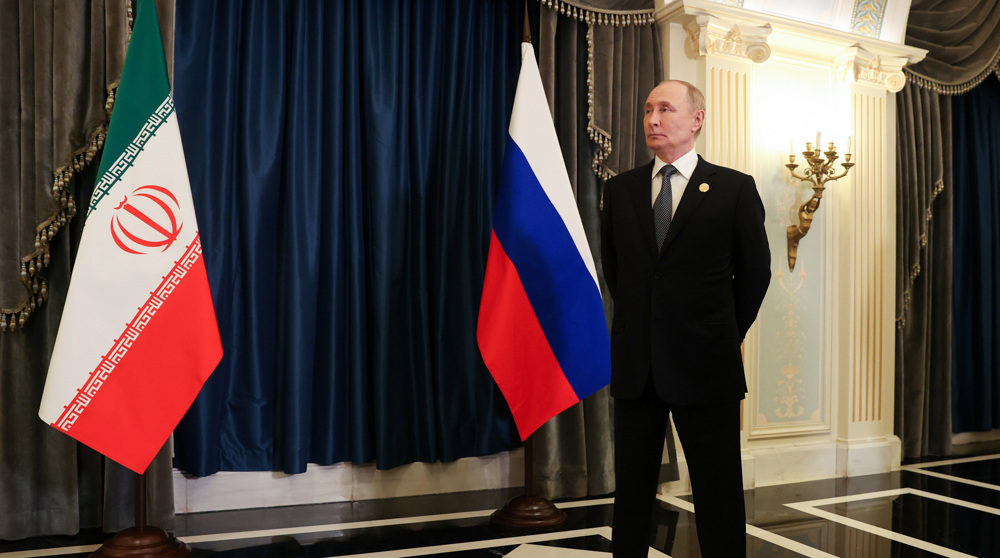
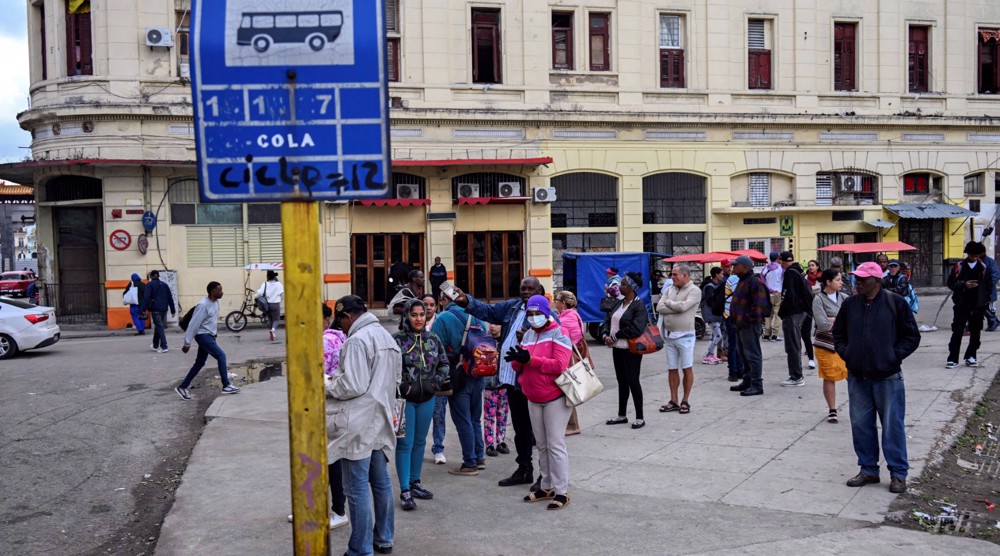
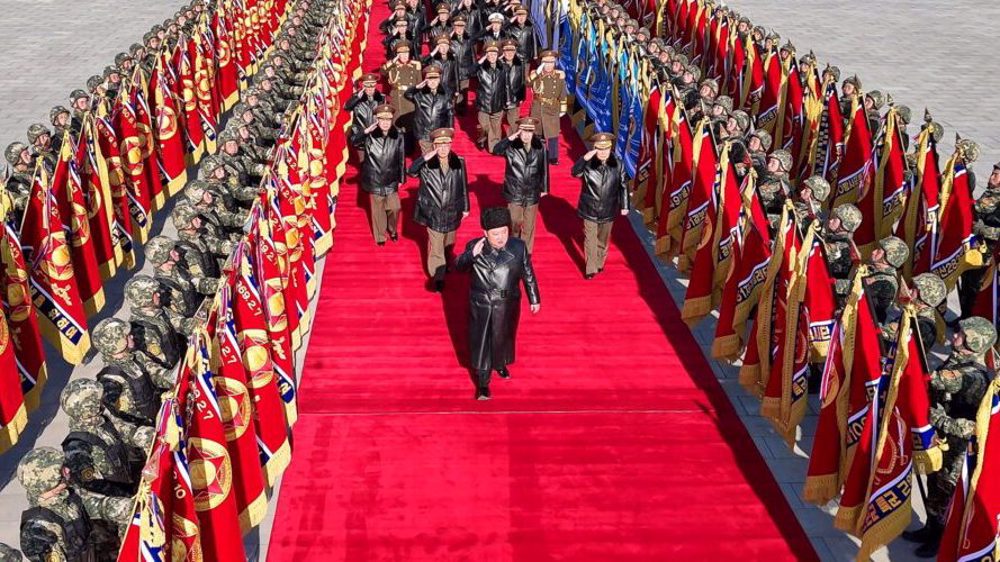



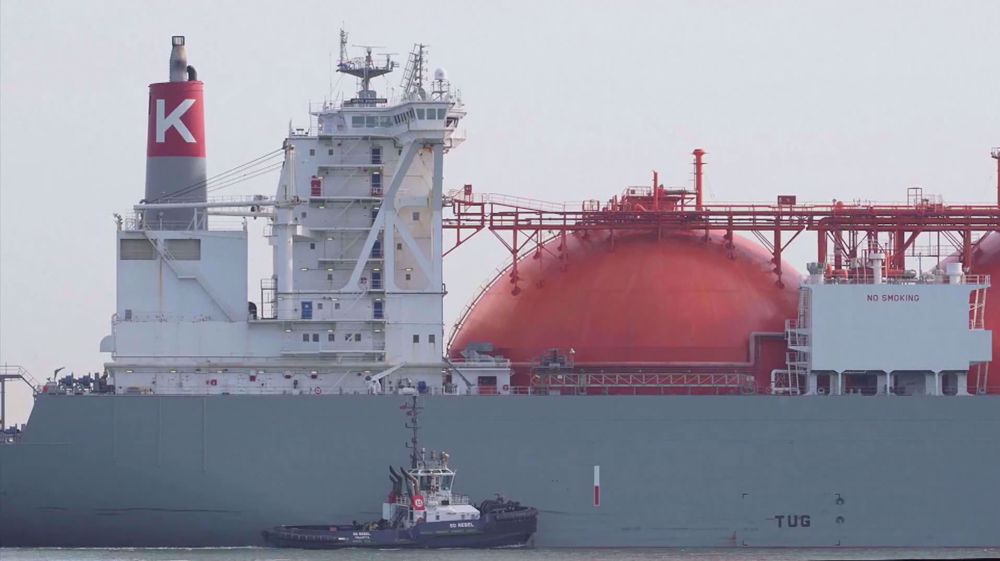
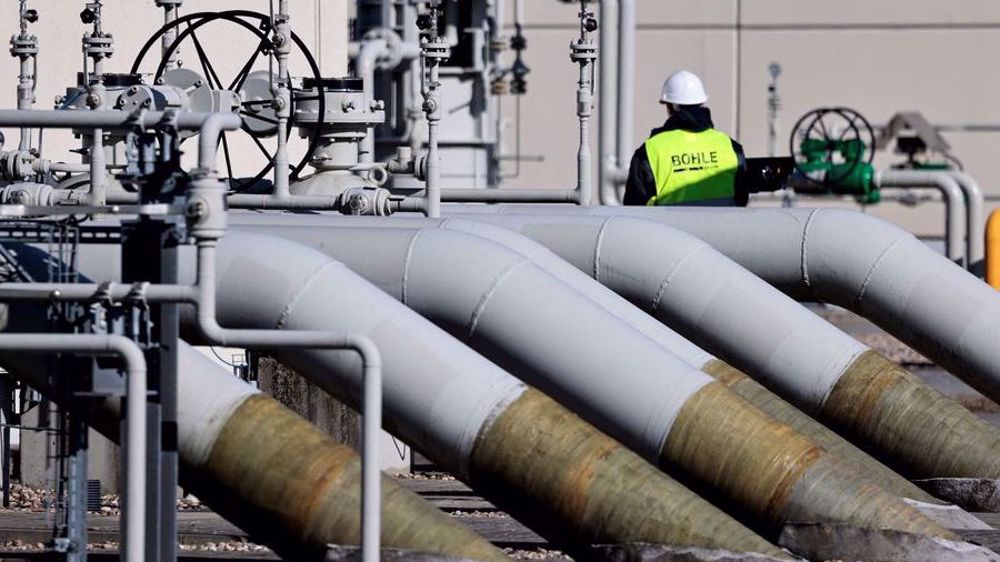
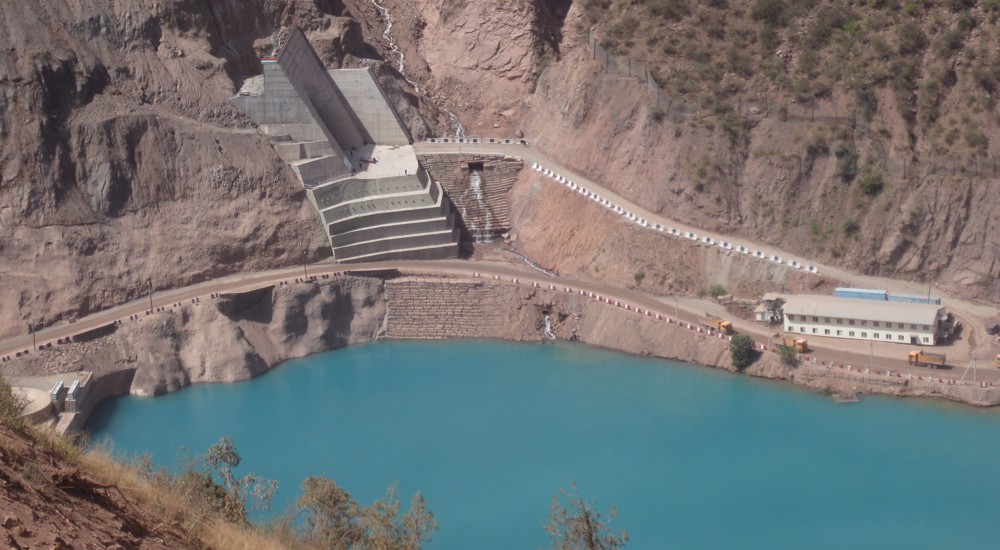

 This makes it easy to access the Press TV website
This makes it easy to access the Press TV website